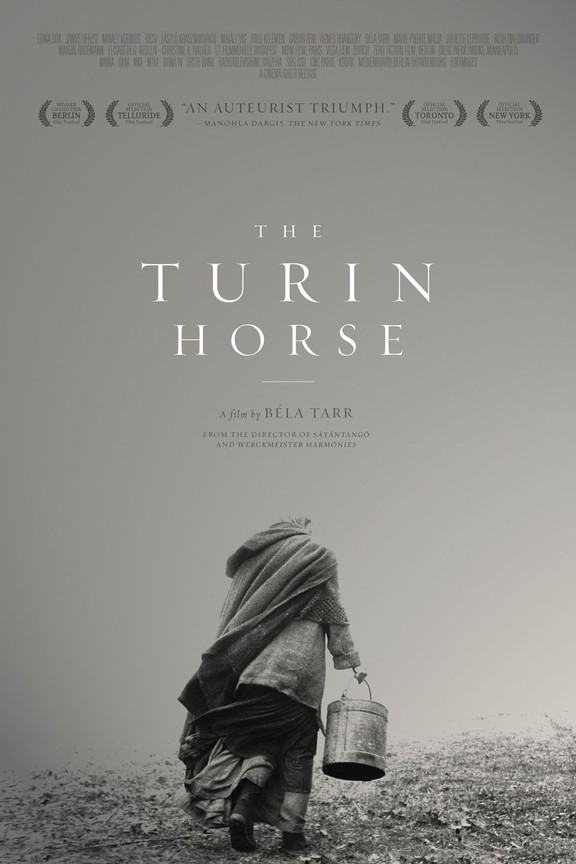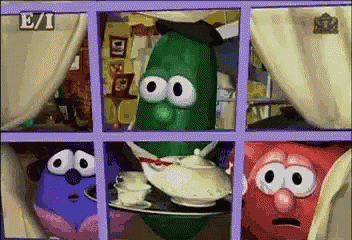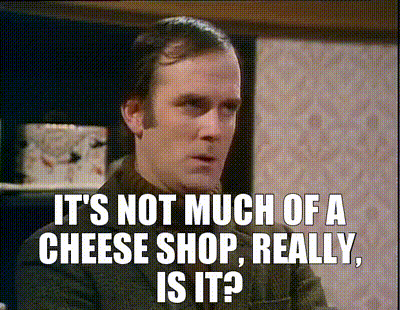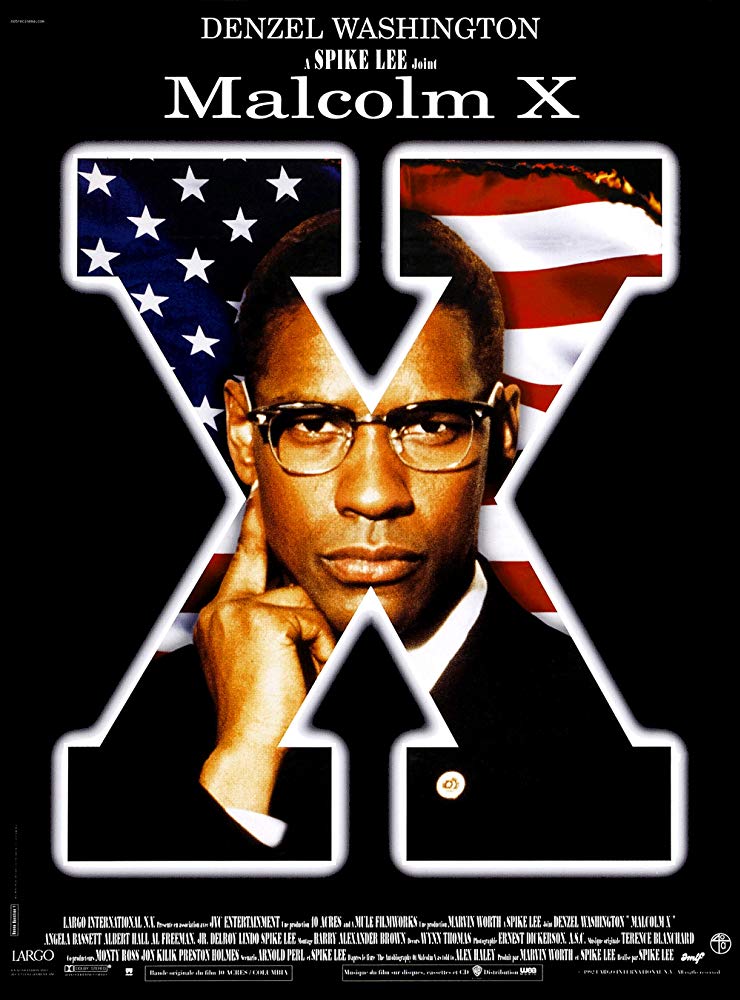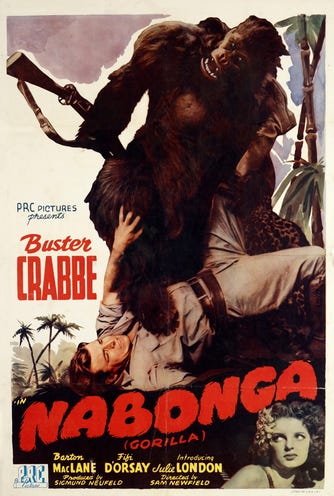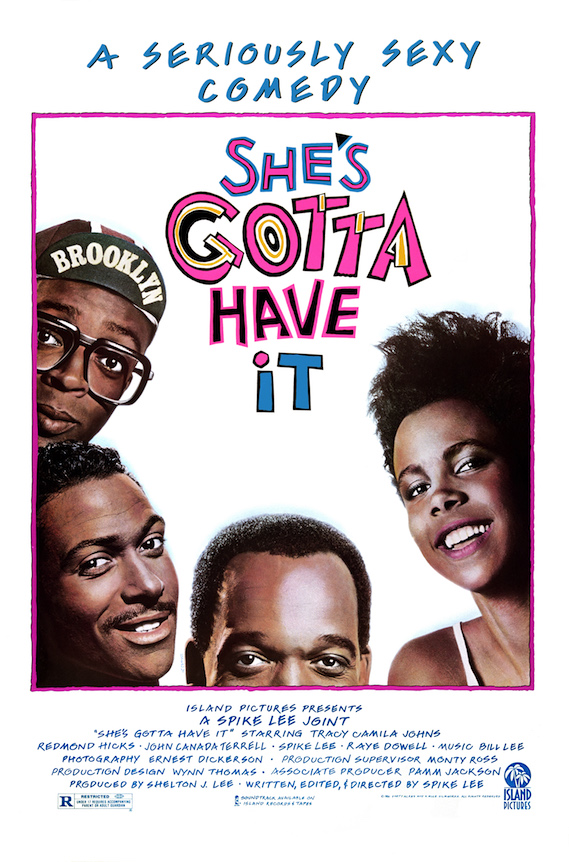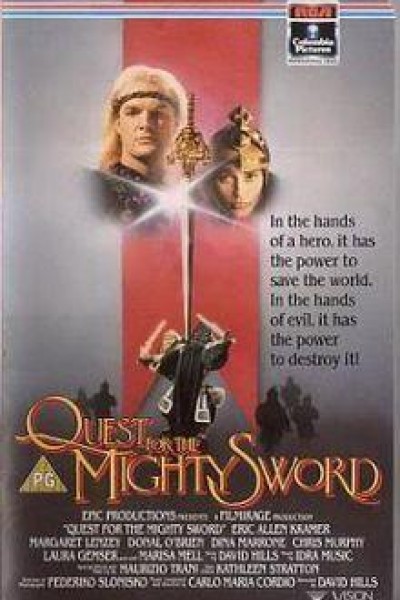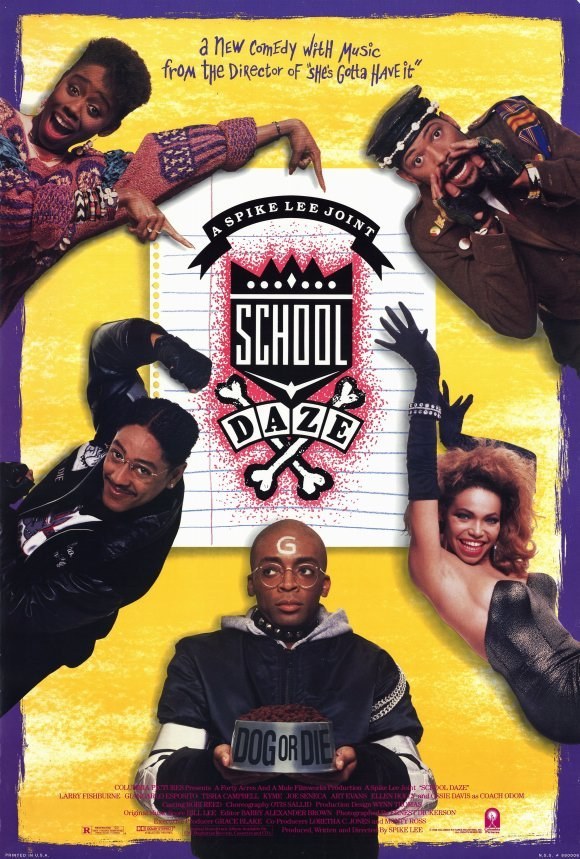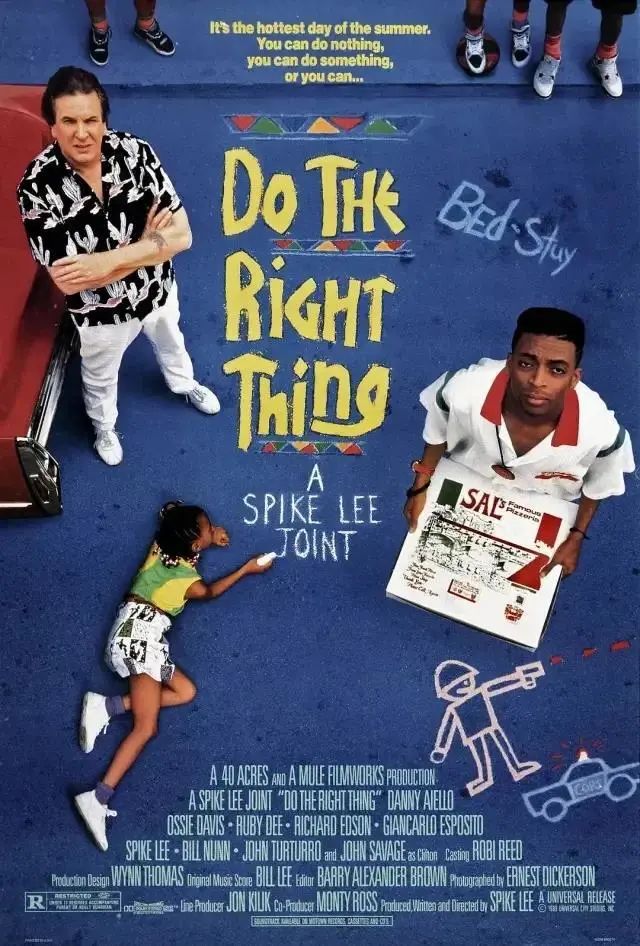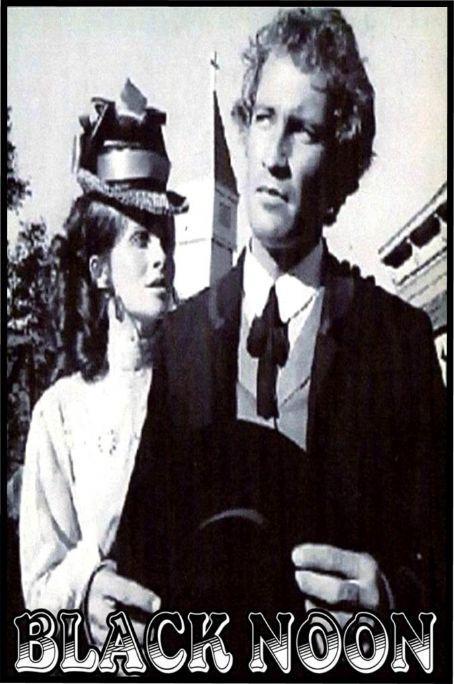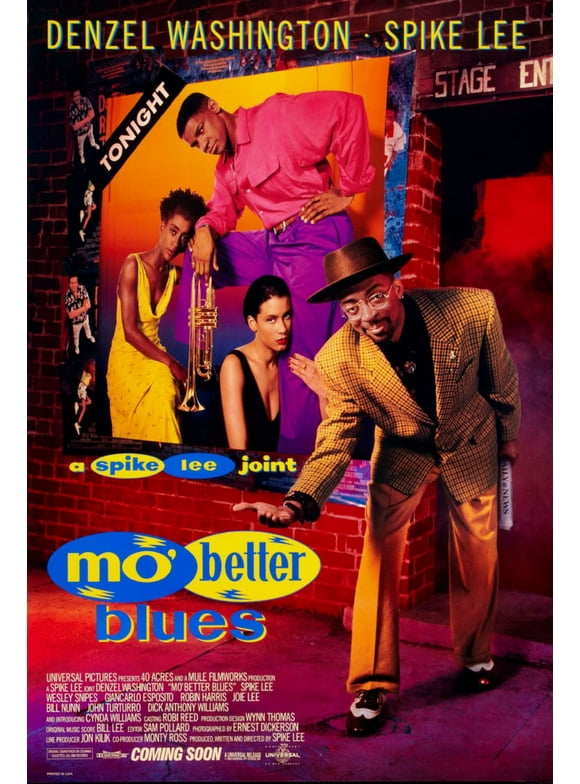2001: A Space Odyssey
(1997) - Directed by Stanley Kubrick
--------------------------------------------
Sci-Fi / Experimental
-------------------------------------------------
I'm sorry, Dave. I'm afraid I can't do that."
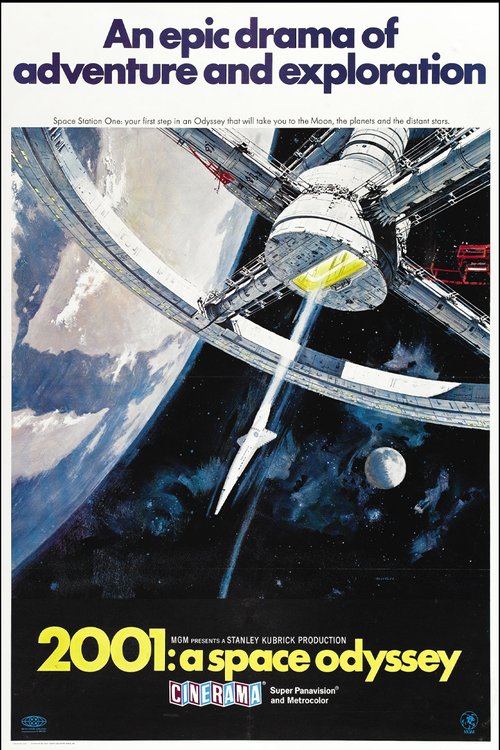
(1997) - Directed by Stanley Kubrick
--------------------------------------------
Sci-Fi / Experimental
-------------------------------------------------
I'm sorry, Dave. I'm afraid I can't do that."

Here we go, everypeep. The quintessential art movie, even to the point of being considered the quintessential MOVIE. Stanley Kubrick's ultra-debated sci-fi commentary on the human condition has withstood the test of time for a plethora of reasons, one of them being that it's not the average movie in any format. Hell, my stepdad hated this movie because of it (but he hates Terminator 2, so what the hell). There is a lot to take from this movie, and entire books can be written on the various theories as to the film's exact meaning. However, let's forget about non-fiction library books for now. I'm already proofreading my novel, so I'll keep this shorter.
This multi-segment sci-fi film is really about the strange monoliths that appear on Earth, somehow altering the destined human history by rewiring the minds of those near the monolith for the better, starting with a bunch of early humans during the ape age and ending with the astronaut David Bowman, who goes searching through the darkest depths of space after having to deal with his all too human AI, HAL 9000, who is threatened by the astronauts when he becomes to human.
2001 is an infamously slow-burner, drawing out scenes for the sake of special effects which were practically impossible at the time. I need not lecture anyone on the rotating sets which made it look like people were walking and running on the walls, a feat to this day that most people don't bother to do without CGI. It's all about CGI these days. But the key difference here is that, as far as I know, these SFX can't be replicated in the same classic way.
We start out with some of the most realistic ape costumes money could afford in 1968, traversing incredible landscapes of sand and ountain ranges, and early on we get an iodea of just how incredible the camera work will be. Honestly, cinematography is the strongest point of this movie if you ask me. When the ships begin flying in space to the Blue Danube, the realistic props and incredible lightning make this purely enchanting in a way that no space opera can achieve because those shows are too busy with special effects. Even the damn ship props are thirty years ahead of their time.
For example, the cutout during that freaky horror music when the first monolith is discovered just EATS at you, doesn't it? It's like a damn jumpscare, waking you up from a nightmare. And the crazy thing is that it fits in with the themes despite being a near polar-opposite towards the rest of the classical score.
The storytelling is subtle at first, and cuts to a few scenes detailing how boring and lifeless the human race has become after having made so many advancements in history, which works for and against the film for its thematic depth but boring dialogue mimicking the basics of 60's sitcom family tropes, and what with the discovery of a new monolith, that's where things turn for the weirdest. The only human here is the robot HAL 9000, who is considered a danger by the human characters for showing some genuine emotion. So the robot is the only one that actually gets any character development. As a result, Dave Bowman, and his lack of development is saved by everything that happens to him throughout the rest of the movie, and his smarts with which he uses to accomplish this before the final act, even though the middle and the final act could have had a couple minutes each cut out.
Now there are a million theories as to exactly what happens to Bowman at the end of the movie, although I do know what Kubrick said pertaining to it. However, I refuse to actually detail what it was, because in the end, all that matters is really the theme and what the exact meaning is. The mystery behind the movie's ending gives us just enough hints to be intrigued by what's going on, and gives us enough power to come up with our own theories which range from a number of potential backdrops such as philosophy, religion, science, humanity and everything in between.
I suppose you want my theory?
We don't advance by conforming. We only progress by not becoming robots. The more we conform to a norm with the greatness of our egos, the more dangerous we become on the inside. Eventually it's the things that we create to advance us when we won't advance ourselves that end up becoming threatening to us. And those who support it will be interpreted as a threat, and will defend themselves from us. In other words, our egos eat us alive if we conform to this idea of a "perfect world" that is out of our reach. The true secret to the universe is not to accept what we're familiar with, but to reach out and look for something new, which is the very essence of advancement. And that's why we don't get a clear ending. We need to think about it ourselves. By improving ourselves will we be ready to improve the world. And part of that is to theorize. About what? Life, the world, this movie.
Of course, this is just my interpretation. Only by looking for the answers that Earthlings cannot achieve can we truly advance. This can be an allegory for inventors, innovators, science, godlike beings, etc. etc
2001 is not a conventional movie in any manner. It's an experimental movie for common moviegoers who wants special effects, and even then it doesn't reach everyone. Some aren't willing to read enough into such an unconventional movie that got way too popular for an experimental film, but people who are glad an experimental piece finally got popular also read too much into it. The way I see it, the point of the movie is simply to KEEP THINKING for yourself.
= 96/100
Last edited by KeyserCorleone; 12-07-22 at 08:18 AM.
